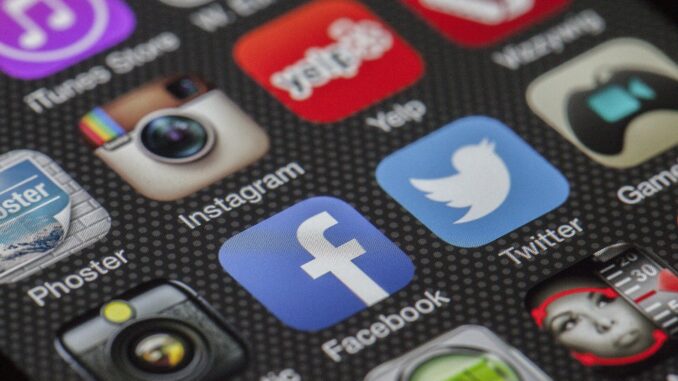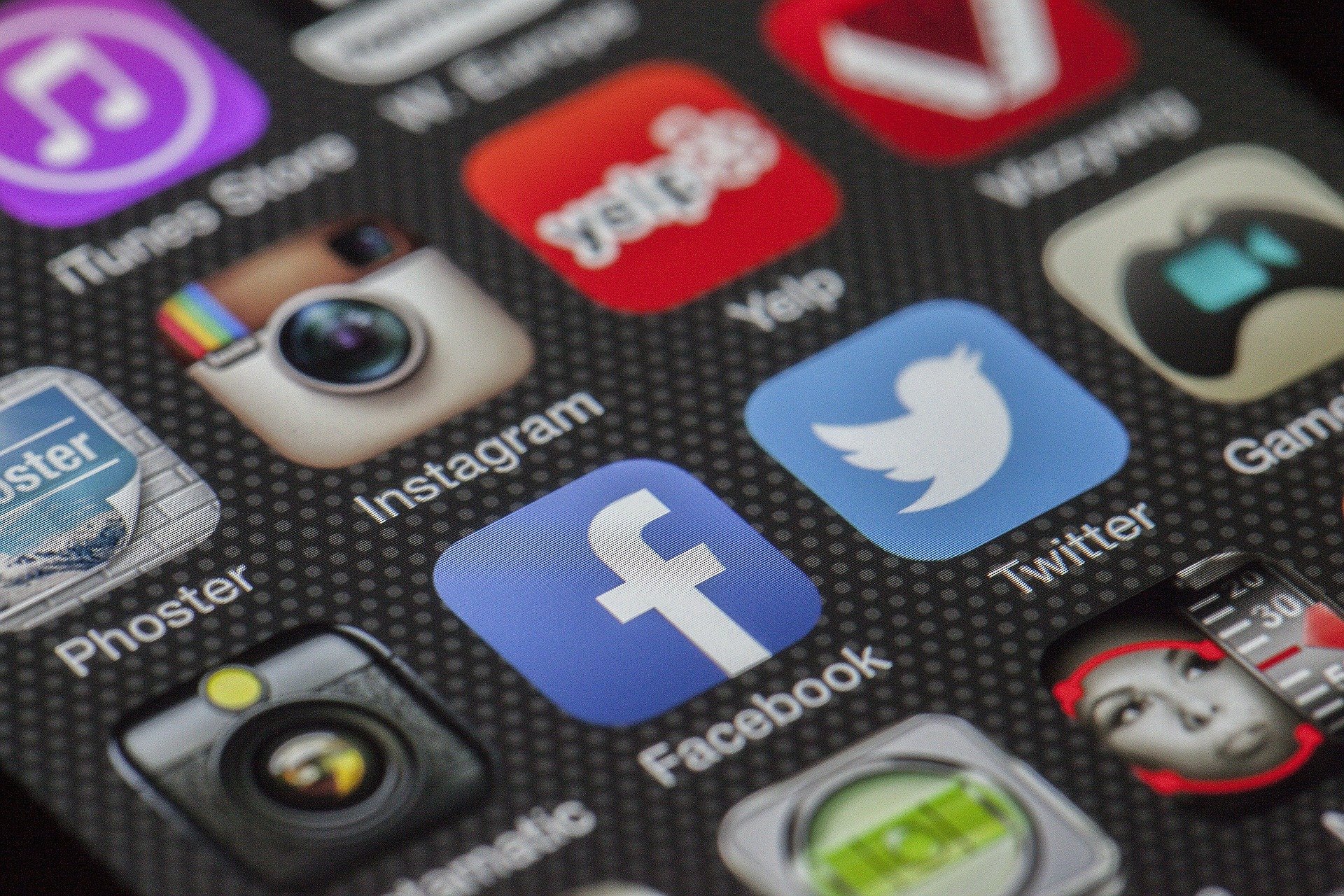

When it comes to the gauging the popularity of social media giants, Google Trends’ data shows that Facebook is the leader in users’ search interests. Following this internet giant is Twitter, while Instagram has the least Google search hits among this ‘big three’.
The Capitol Hill riot
While Facebook is the social media king it was briefly dethroned in the days surrounding the Capitol Hill Riot, on January 6, 2021. That Wednesday, a mob of thousands of Donald Trump supporters stormed the United States Capitol in Washington.
What began as a protest against the 2020 election results that have transferred the presidential power to Trump’s opposition leader, Democrat Joe Bien, quickly escalated beyond that. The protesters grew restless with the intention to interrupt the Electoral College vote count that would formalize President-Elect Joe Biden’s 46th presidency. They pushed through the police barriers with violence and broke into the building, where they further vandalized part of the Capitol.
The riot left five people dead, including one police officer, and many journalists and other police officers assaulted.
Social media's role in the riot
Social media had a role in this development. The deadly event was preceded by a series of social media and real-life actions by President Trump and his followers that ignited the riot. CBC News’s David Common traces these actions in the following report.
The impact on trends
Despite Twitter’s platform being the place where the riot cooked, the social media giant’s trend began climbing during the riot and the events after that.
The numbers represent the search interest relative to the highest point on the chart for the selected region and time. A value of 100 is the peak popularity of the term, whilst a value of 50 means that the term is half as popular.
In Canada, Twitter's popularity doubled on the day of the riot from the day before. The trend repeated itself on January 8, 2021. That day, the platform announced the permanent ban of Trump’s personal account and blocking him from using any other accounts, including POTUS. Twitter accompanied its action with an explanation that the ban is aimed at reducing the risk of further provocation to violence.
The numbers represent the search interest relative to the highest point on the chart for the selected region and time. A value of 100 is the peak popularity of the term, whilst a value of 50 means that the term is half as popular.
Twitter’s popularity trends in the United States and the world matched the ones in Canada. Facebook and Instagram followed Twitter and suspended Trump's accounts, as well. So did YouTube after it faced criticism that it hadn’t shown solitary in the social media giant’s backlash against Trump.
The aftermath
Today, Snapchat, Amazon-owned live-streaming site Twitch and e-commerce platform Shopify have also suspended Trump’s accounts and content. In the physical world, the social media platforms have been useful to FBI officials to identify, track and arrest rioters.
These high-profile bans are the first of their kind, and they do spike both discussions and criticisms around the world about the internet giants’ power over the freedom of expression. For example, German Chancellor Angela Merkel called the bans “problematic” because they interfere with freedom of speech. French Economy and Finance Minister Bruno Le Maire, Russian politician Alexei Navalny and digital lawyers and specialists from around the world also voiced similar concerns.
The Capitol Hill Riot vs. Social Media: a timeline (January 4 - 11, 2021)
The lessons of popularity trends
Looking at the popularity trends of social media giants and data on social media engagement by demographics is especially insightful in journalism. Such information helps journalists and people understand the history and effects of large-scale events that impact politics and societies worldwide. Not only we can trace how these giants reflect our shared social and political morals. But also through their actions and influence, we can anticipate our future. Data journalism holds the key to that information.


Be the first to comment